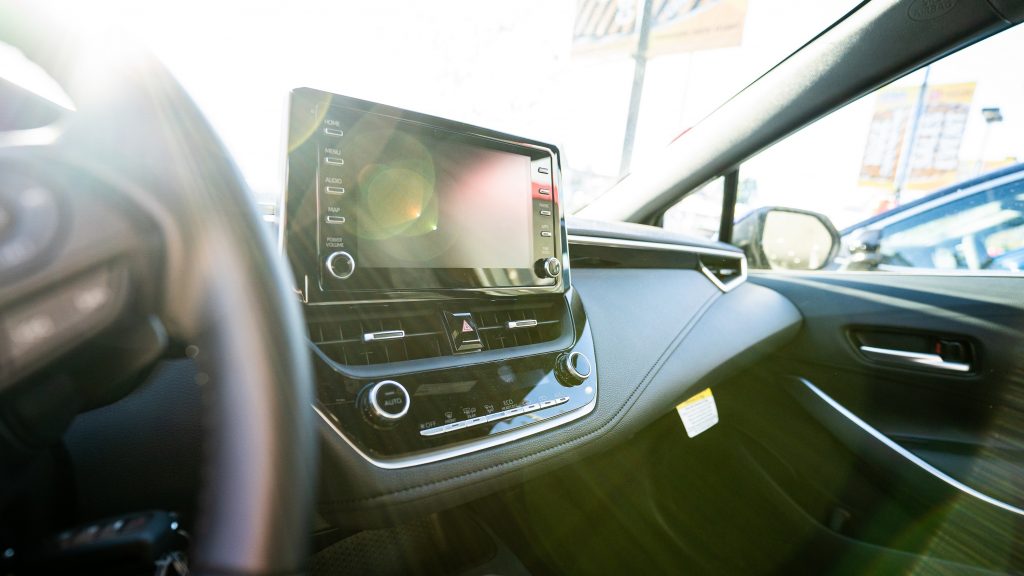The Average Lifespan of Used Cars
Posted Saturday, Sep 30, 2023

With how expensive new cars are getting, most people prefer saving money by buying a used car. This is true not only for the United States but for the whole world, with more than 40 million used cars sold yearly. However, despite their many benefits, several factors make it difficult to buy a used car. The most common problem buyers have is not knowing the lifespan of used cars.
You might be buying a used car to use for a while, or you might want to buy it for a longer term. In either case, knowing how long your used car will last before you buy it is better. The longevity of used cars can affect how long you use them and how often and how much you pay for repairs, their resale value, and their performance. Hence, knowing the lifespan of the used cars you want to buy will help you make a better decision.
How Long Does a Used Car Last?
There is a bit of debate regarding the lifespan of used cars. According to the Bureau of Transportation Statistics, an average car's lifespan is 12 years on the road. This means that your car can last for about 200,000 to 300,000 miles.
However, the average lifespan was calculated when the technology used in cars was not as innovative as it is now. New cars have improved. Moreover, present car owners are likely to keep their cars maintained.
Even with the new and improved technology, used cars might be able to get up to 15 years. However, the exact age can be shorter or longer, depending on several factors.
Factors Affecting the Lifespan of Used Cars
Below is a list of factors affecting how long a used car lasts.
Car Model
Its model is one of the main factors determining how long a used car will last. All cars are created differently, and based on their differences, some used cars outlive others. According to reports, cars manufactured by Japanese companies tend to have greater lifespans than those manufactured by local companies. Moreover, a new car model will have a longer lifespan as it has more advanced features, including an advanced vehicle monitoring system. Additionally, electric cars tend to last longer than standard cars.
Mileage
A car's mileage has a direct effect on its lifespan. Cars with greater mileage are prone to wear and tear, causing parts to malfunction and require replacing. Once a car crosses 150,000 mileage, its lifespan is considerably less than if it is below 100,000 miles.
Maintenance
When you buy a car, its health begins to go downhill. This isn't anything to worry about since this is how everything works. You can take care of the constant degradation of the car through routine maintenance and regular services. Car engines are made to last thousands of miles, given that their surrounding components are in good shape. Thus, up-to-date car maintenance can increase the lifespan of used cars.
Accidents
Cars that have been in accidents have a much shorter lifespan. The greater the accident, the shorter the lifespan. Even if the car is repaired, chances are that there is a hidden mechanical problem that was overlooked, which will come back to haunt you. While minor dents aren’t a huge problem, car crashes are another deal.
How to Buy a Used Car with a Longer Lifespan
When you visit a showroom to buy a used car, several things can help you buy a car with a longer lifespan. Here are some of the things you should check for the used cars you are looking for:
The Car Interior
While it may seem outstretched, the car interior can also affect the longevity of used cars. The interior might not affect the car's functioning, but it can affect your performance as a driver. Moreover, a sparse interior is more likely to deteriorate and require replacing.
Engine Condition
The engine condition can give much insight into the longevity of a used car. Check the engine oil to ensure it's not coffee colored or creamy since that would mean a coolant was mixed with the engine pol. Additionally, recheck the engine oil after taking a test drive.
During a test drive, keep an ear out for any abnormal noises from the engine. An abnormal noise can indicate that something is loose or faulty in the engine. Moreover, look out for any fluid or oil leakage. Leakage areas generally include the engine cover, hoses, seals, or under the car.
Steering
Check the steering on the used car to see how well it functions. Put the car in neutral and try turning the wheel. If the steering wheel is difficult to move, it can mean a problem with the tire suspension or something else. While checking the steering wheel can't identify the exact problem, it can help you determine if there is one.
Accidentals
Accidents lower the lifespan of used cars. The main area to check is the radiator core support under the hood. If the impact was at the front, there might be damage to the radiator core support. Check the joints to see if they are in the right place.
Timing Belt and Timing Chain
The timing belt is crucial for the engine and must be replaced every 60,000 miles to ensure your used car lasts longer. The belt is prone to wear and tear and can cause severe damage to the engine. Hence, consider buying a used car that has been serviced or considered replacing the belt after you buy it.
Similarly, check the timing chain functions the same way. Since the timing chain lasts three to four times longer than the belt, it does not require replacing as often. However, the timing chain can be expensive to replace, so it's better to be safe than sorry.
Get a Used Car That Can Last Longer
If you want to buy a used car that can last longer in Woodbridge, Virginia, check out Wind Rider Auto Outlet. We have several used cars on sale that can give you a range of options to choose from. Moreover, we can help you check out the lifespan of used cars so you can get the right vehicle.
Call us today at (703) 490-3003 or (703) 347-2609. You can also leave us a message and one of our representatives will reach out to you.
